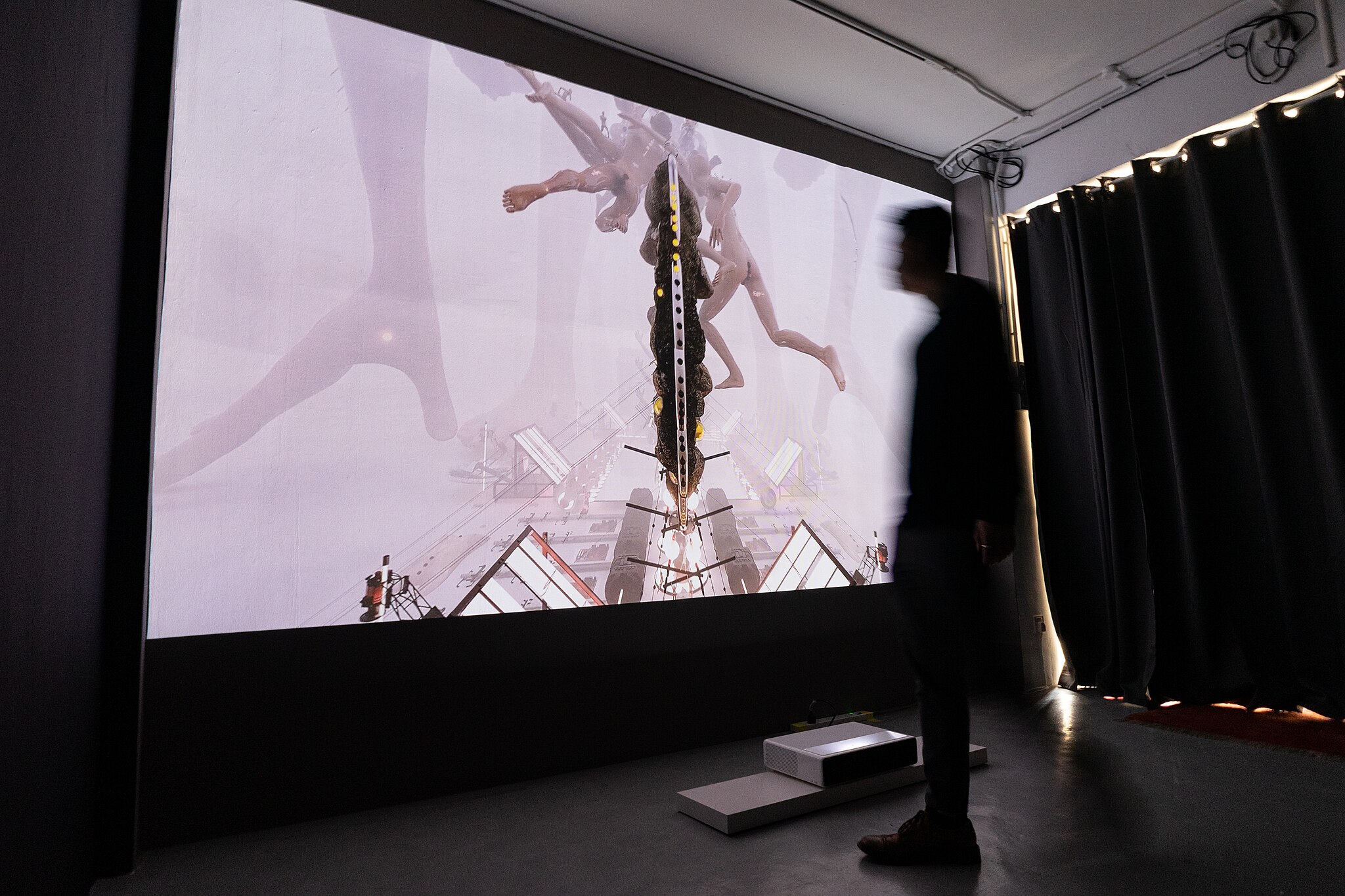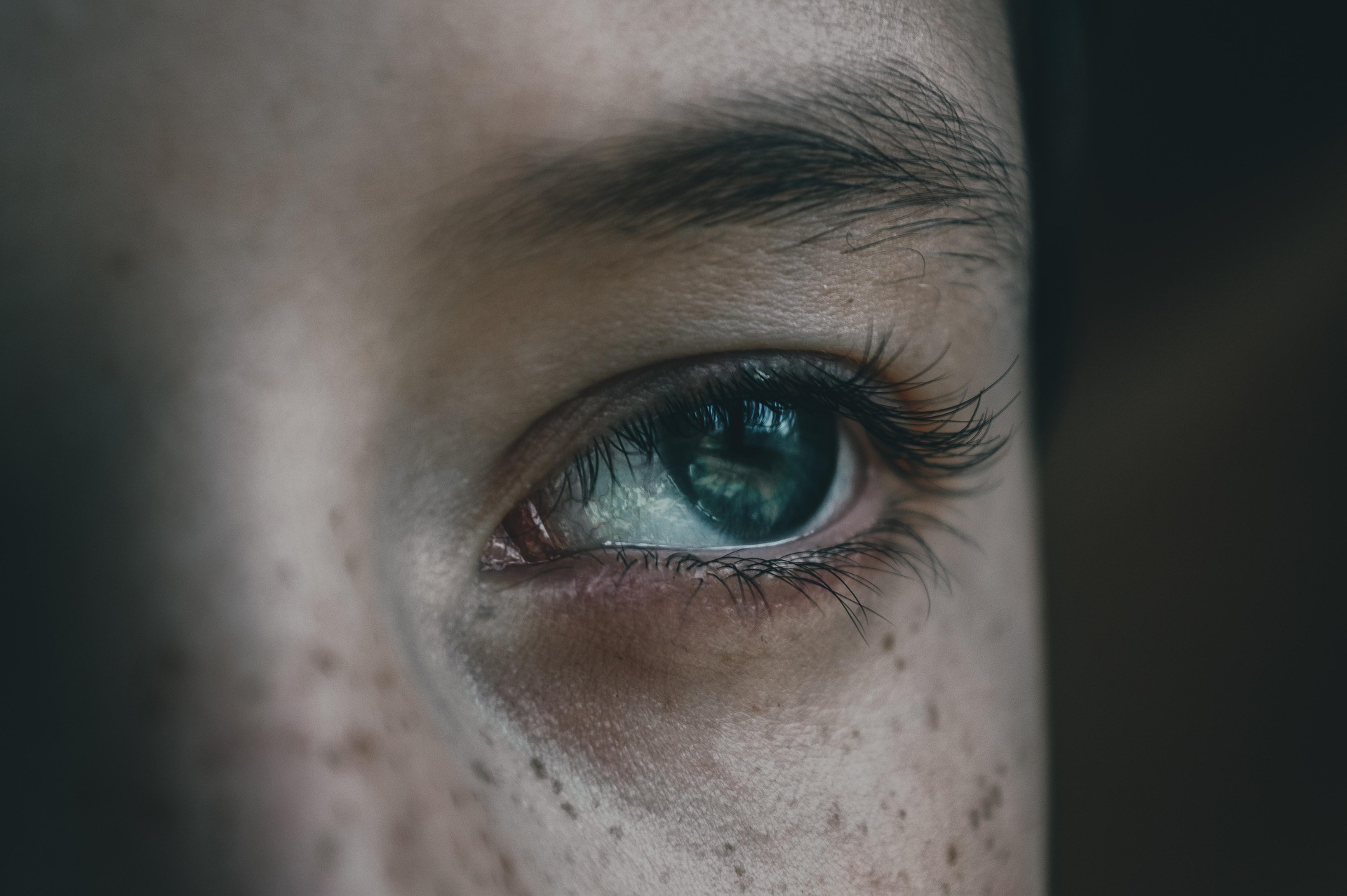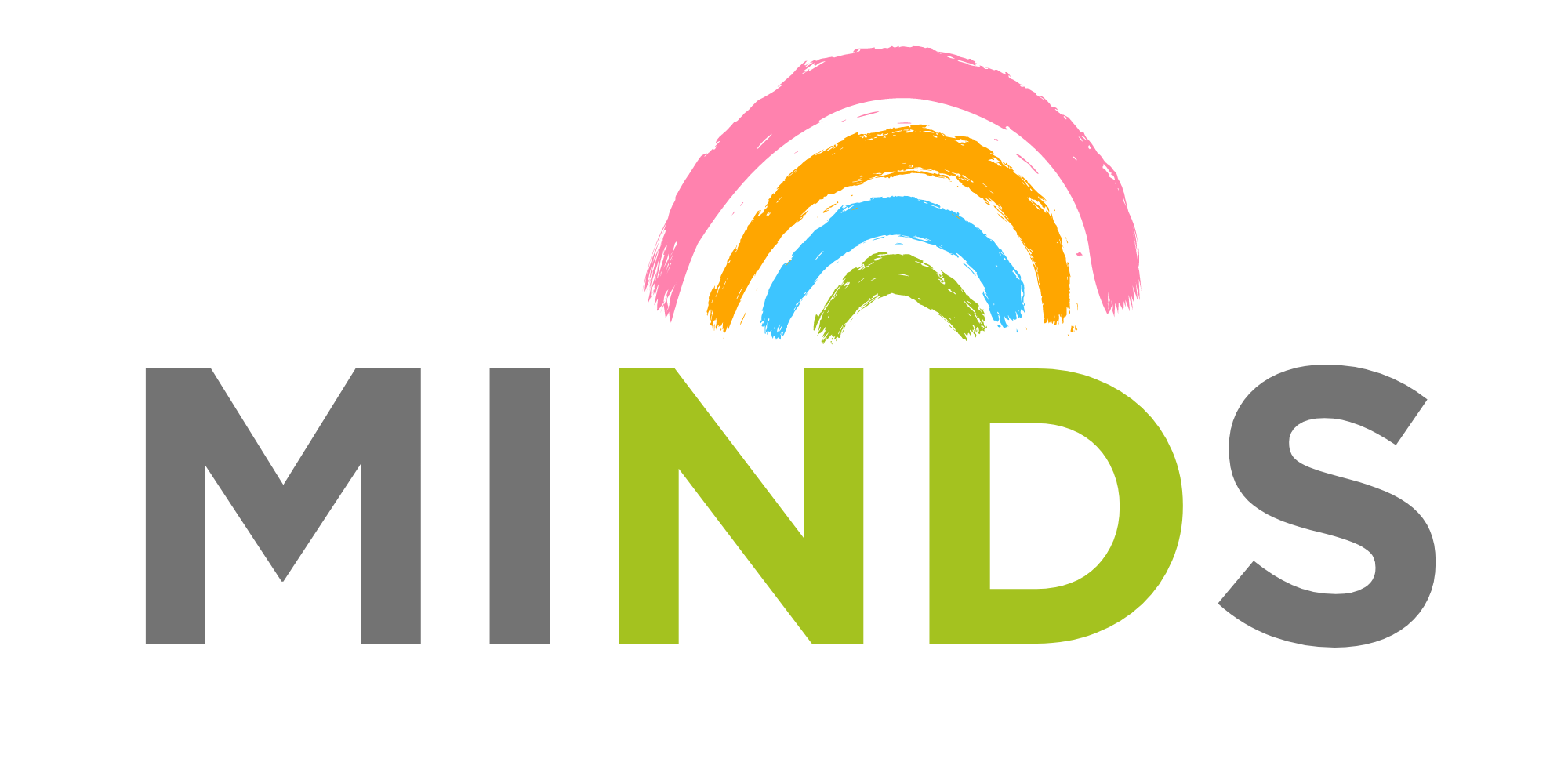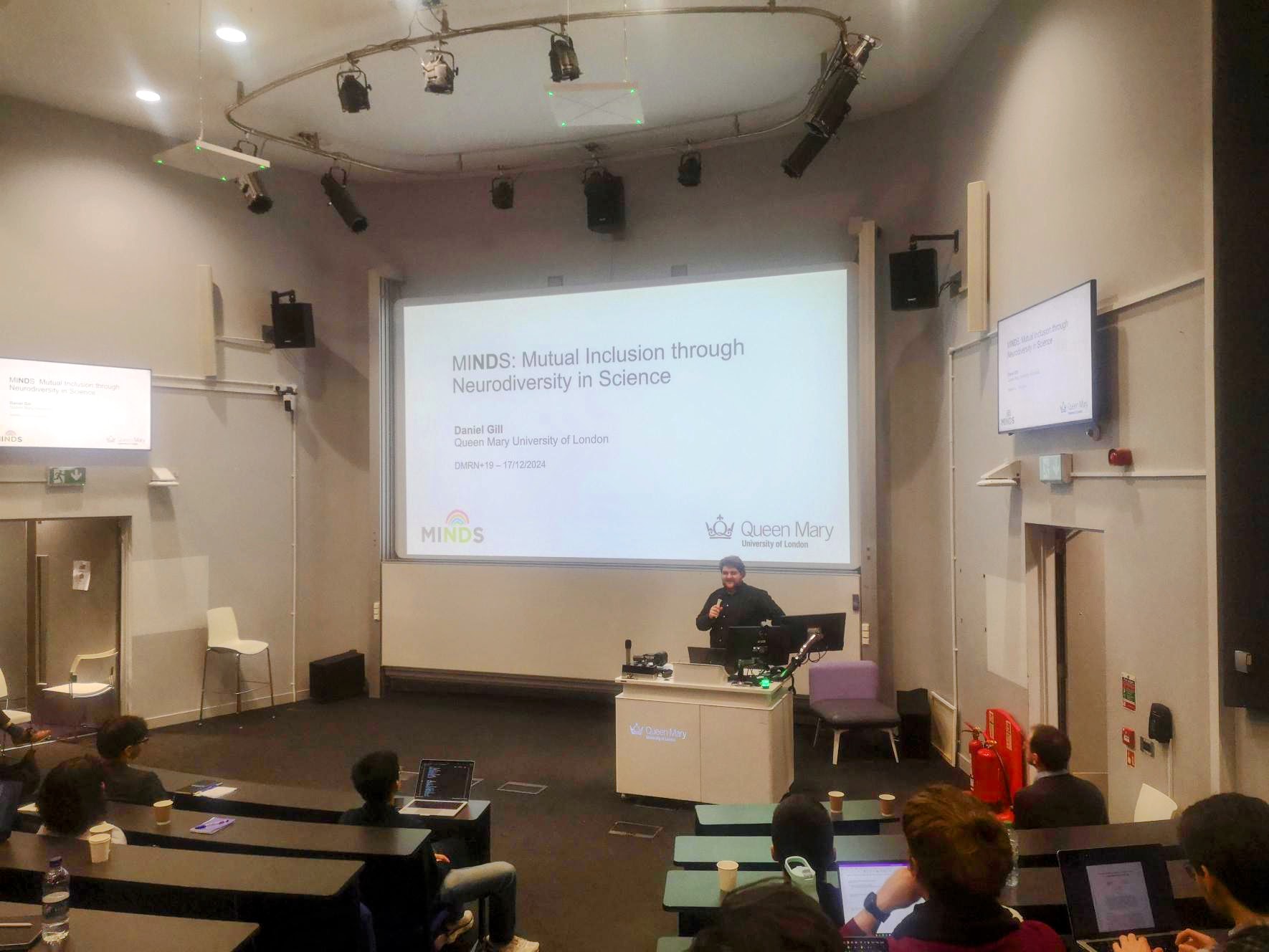Author: Daniel Gill
-

Focused Interests, Identity & Autistic Communication Across Contexts
We last posted about the great work of Prof Nelya Koteyko and her team back in November 2024, where we shared the Autistic Adults Online teams’s toolkits for co-designing online platforms for autistic users. Nelya and co’s hard work has continued, and they are now looking for contributions to an exciting workshop on the 8th/9th…
-

Visual Attention in Neurodivergent People
Earlier this year we shared Dr. Teresa Del Bianco’s study on making eye tracking studies more inclusive. Now, a team of three MSc Students here at Queen Mary University of London are looking at how eye tracking can reveal more about visual attention in neurodivergent people. Yasmin Ahmed, Yursa Sheekh, and Roda Fuad Mohammed are…
-

Neurodivergence & Robotics: A Participatory Study
Exciting news! The time has come when my own study can join the number of those using inclusive methodologies which we’ve shared via our blog. For many neurodivergent people, the diagnostic process can be one of embarrassment, frustration, and stress – but could (and should) computers and robotics be involved in this process? Using a…
-

AutARK Technology Workshop at INTERACT 2025
Last year, we shared a call for papers for a special issue of Interacting with Computers curated by the AutARK project at TU Dresden. The team are back again with the opportunity to present work or lived experiences with neurodivergence and technology. Their workshop at the upcoming INTERACT 2025 conference will focus on the methodological…
-

Follow-Up: The “I’m Me” Festival
Back in October 2024, we shared details of the “I’m Me” project at York St John University – which aimed to encourage autistic people and those with disabilities to explore themes of identity, representation and voice through the creative arts. Read more about it in our previous blog post. The multi-modal project will culminate in…
-

The Future of Eye Tracking: Including Neurodivergent Perspectives
Eye tracking technology is used regularly in research, especially in the areas of psychology, neuroscience, and human-computer interaction. By sending out infared light, a camera can pick up its reflections in a user’s eye, where advanced algorithms can detect eye movements and gaze point, alongside lots of other useful values. Like all technology, however, its…
-

Accessible Academia: Serious Games for Dyslexia
In this shorter edition of “Accessible Academia” we look at a paper published back in May 2024 on a new method for collecting data for diagnosis of dyslexia. “Serious Games”, those with a purpose beyond entertainment, can be great way to engage children in data collection, rather than the use of lengthy assessments. The research…


